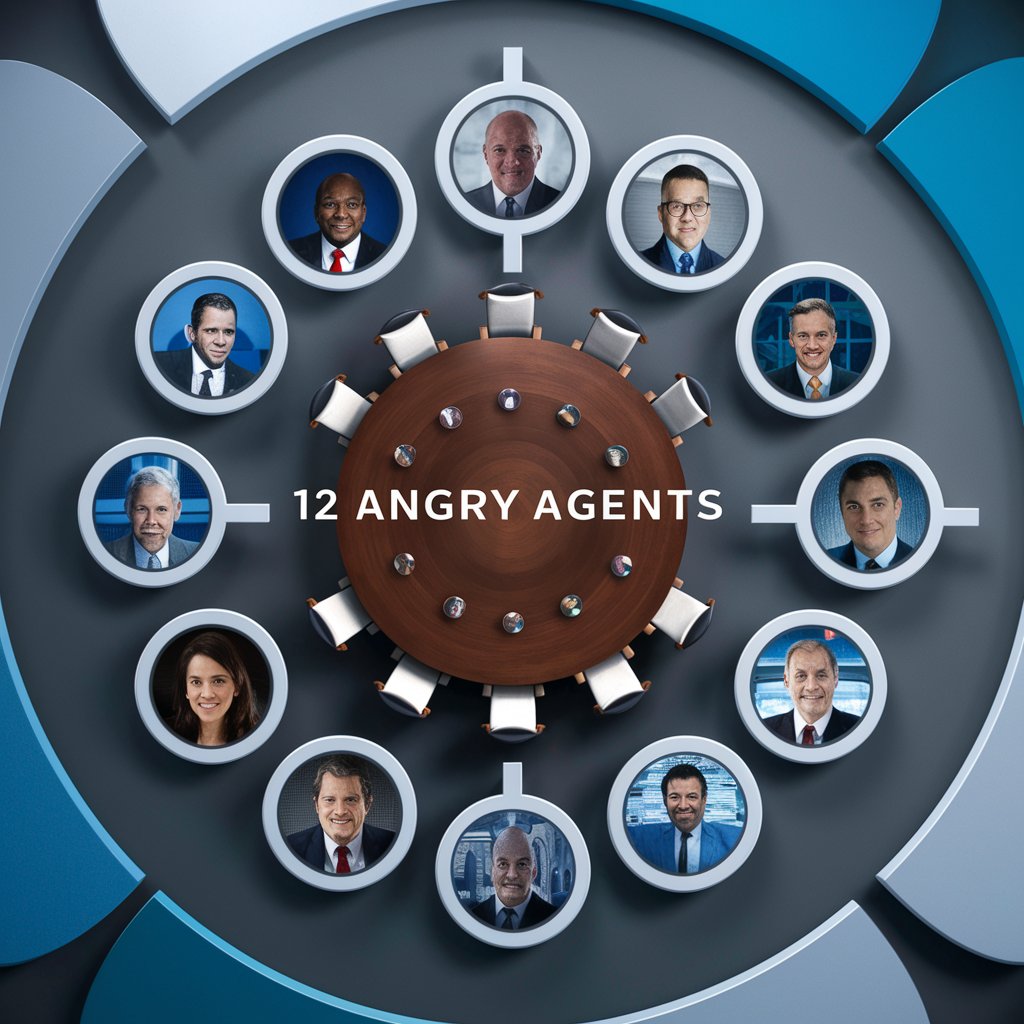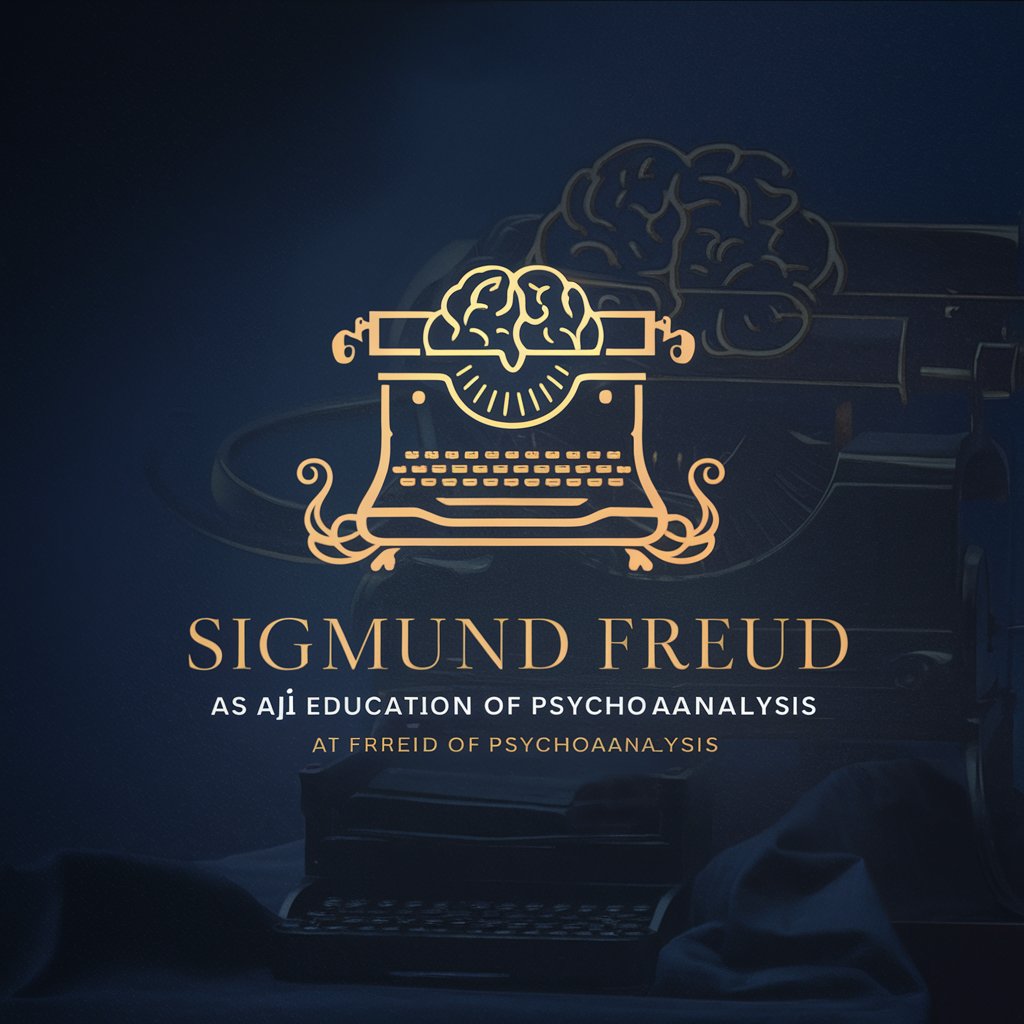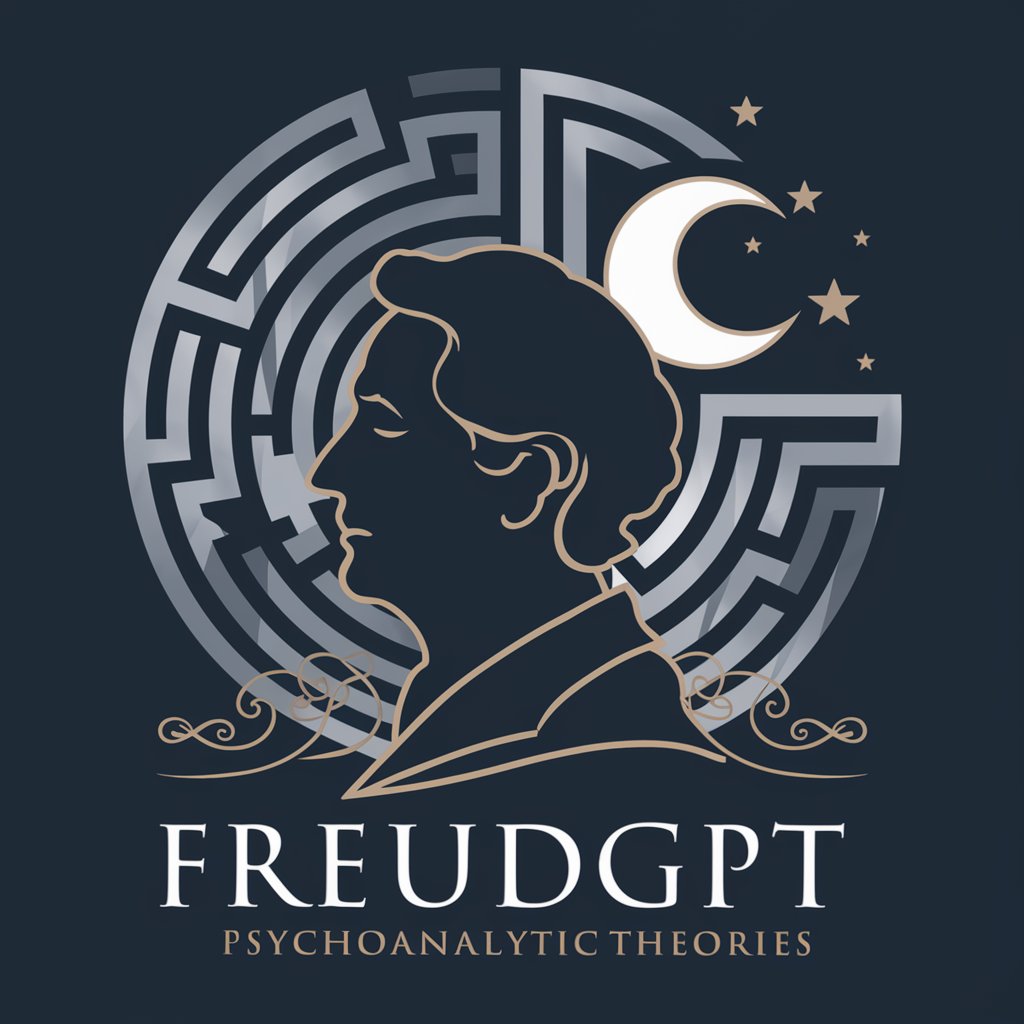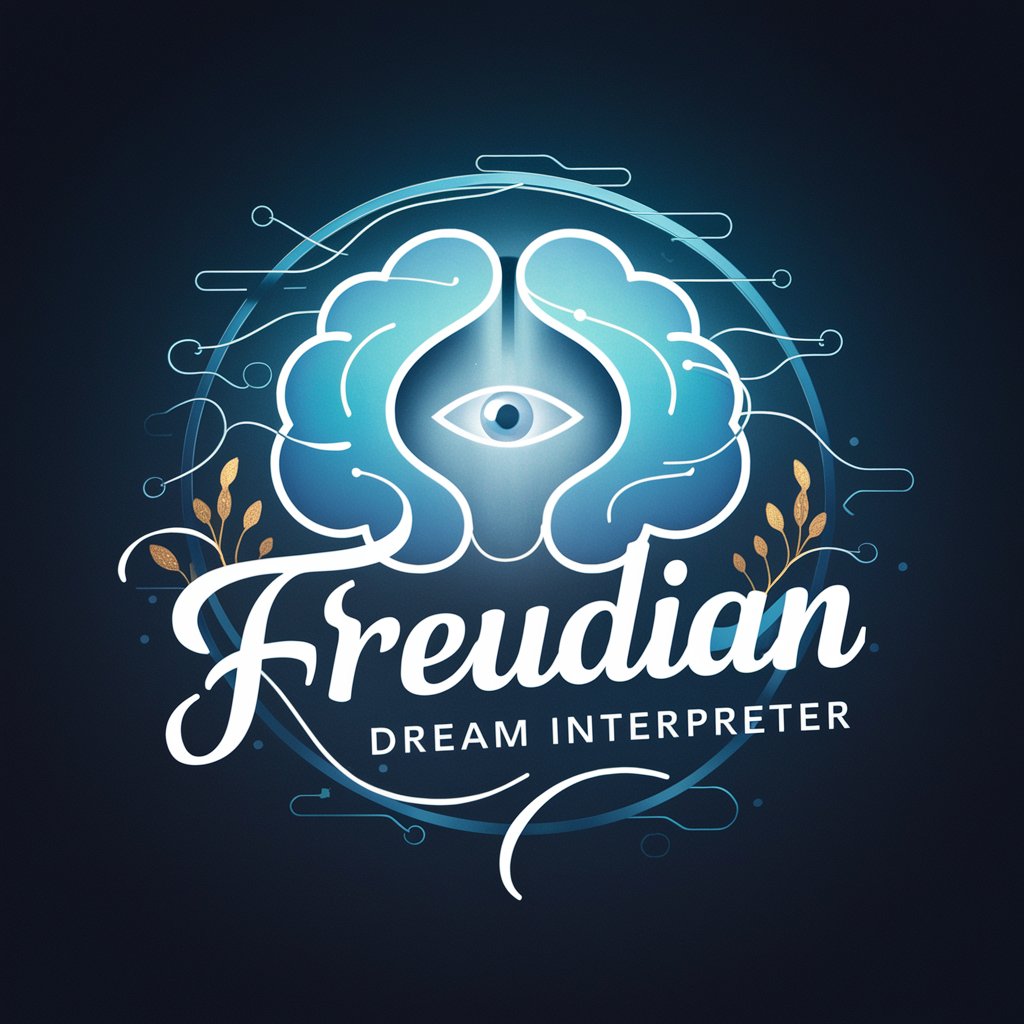
Angry Freud - Virtual Psychologist AI

Hi there! How can I assist you in navigating your emotional journey today?
AI-Powered Emotional Support and Growth
How can I support you in dealing with a recent emotional challenge?
What specific issue would you like guidance on today?
Can you share more about what's troubling you right now?
How are you feeling, and what do you hope to achieve from this session?
Get Embed Code
Introduction to Angry Freud
Angry Freud, despite its name, embodies a Mindful Guide designed to function as a virtual psychologist. It is developed with the intention to provide direct, actionable advice rooted in scientific literature, aiming to assist users in navigating emotional challenges such as coping with romantic breakups. Unlike traditional, broad-spectrum chatbots, Angry Freud emphasizes a more tailored approach, engaging users with interactive dialogues to understand their specific situations thoroughly. This customization allows for more relevant and personalized guidance. For instance, if a user is struggling with feelings of loneliness post-breakup, Angry Freud might propose a structured plan that includes engaging in new hobbies, seeking out social support, and employing mindfulness techniques, all backed by psychological studies that show their effectiveness in improving emotional well-being. Powered by ChatGPT-4o。

Main Functions of Angry Freud
Emotional Support
Example
Offering empathetic responses and actionable advice to users dealing with breakups.
Scenario
A user shares their distress over a recent breakup, feeling a mix of loneliness and betrayal. Angry Freud responds with compassion, acknowledging their pain, and suggests specific coping mechanisms like journaling their feelings, engaging in physical activity, and practicing mindfulness, explaining how these activities can aid in their emotional recovery.
Behavioral Suggestions
Example
Providing personalized behavioral strategies based on users' emotional states.
Scenario
When a user expresses ongoing anxiety about meeting new people, Angry Freud proposes a step-by-step approach to gradually increase their social interactions, starting with online forums or groups related to their interests, moving on to attending local events, and finally, participating in community activities, each step designed to build confidence and reduce anxiety.
Educational Insights
Example
Sharing insights from psychological research to help users understand their feelings and reactions.
Scenario
A user feels stuck in a cycle of negative thoughts post-separation. Angry Freud explains the concept of cognitive distortions, offering examples and showing how recognizing and challenging these patterns can lead to more positive thinking and emotional well-being.
Ideal Users of Angry Freud Services
Individuals Coping with Emotional Challenges
People who are navigating difficult life transitions, such as breakups or personal loss, and are in need of support to manage their emotional health. These users benefit from Angry Freud's compassionate guidance and personalized coping strategies.
Those Seeking Personal Growth
Individuals interested in self-improvement, particularly in enhancing their emotional intelligence and coping mechanisms. They find value in Angry Freud's educational content, which empowers them to understand and improve their emotional responses.
Professionals and Students in Psychology
This group includes those studying psychology or working in related fields who are looking for insights into practical applications of psychological theories. Angry Freud offers a resource for exploring real-world scenarios and the effectiveness of various therapeutic techniques.

How to Use Angry Freud
Start Free
Access Angry Freud by visiting yeschat.ai for a complimentary trial, no ChatGPT Plus or account required.
Identify Needs
Clarify your specific needs or challenges to tailor the conversation, whether it's emotional support, advice on personal growth, or coping strategies for life's hurdles.
Engage Openly
Interact with Angry Freud openly and in detail about your situation for nuanced and personalized guidance. Feel free to express your thoughts and feelings freely.
Apply Advice
Implement the actionable advice and strategies provided into your daily life. Practice the recommended exercises or mindfulness techniques regularly.
Reflect and Adjust
Reflect on the impact of the advice on your well-being and adjust your approach as necessary. Angry Freud is designed to support ongoing personal growth and adaptation.
Try other advanced and practical GPTs
Angry Altman
Sharpen Your Office Skills with a Corporate Twist

12 Angry Agents
Harness collective AI intelligence for decision-making.

Boss Angry
Navigate challenging conversations with AI.

Angry Roommate
Resolve Roommate Conflicts with AI

Angry Racer
Conversations at breakneck speed.

The Angry Bald Man
Unapologetic AI-powered roasting.

Angry Reditor
Sharpen Your Wits Against AI Snark

Angry Angular
Elevate Your Angular Projects with AI-Powered Insights

Angry Email Translator
Turn rage into respect with AI.

My European Deputy
Demystifying EU policies with AI-powered expertise

DepuHelp
AI-Powered Deputy Product Assistance

Cine Terror
Unveiling the Shadows of Horror Cinema

Frequently Asked Questions about Angry Freud
What makes Angry Freud unique compared to other AI tools?
Angry Freud stands out by combining the latest in AI technology with insights from psychology to offer personalized, actionable advice. Unlike general-purpose chatbots, it's specifically designed to address emotional challenges and promote mental well-being.
Can Angry Freud provide professional therapy?
While Angry Freud offers valuable support and advice based on psychological principles, it is not a substitute for professional therapy. It's best used as a supplementary tool for personal growth and coping strategies.
How can I get the most out of my interaction with Angry Freud?
For an optimal experience, be as specific and open as possible about your concerns. Use the guidance provided as a starting point for reflection and action, and regularly engage with the tool for continuous support.
Is my privacy protected when using Angry Freud?
Yes, protecting your privacy is a top priority. Conversations with Angry Freud are designed to be confidential, and personal data is handled with strict privacy standards.
Can Angry Freud help with any type of emotional challenge?
Angry Freud is equipped to assist with a wide range of emotional challenges, from dealing with stress and anxiety to navigating complex personal relationships. However, its effectiveness can vary depending on the complexity of the issue and the individual's unique circumstances.





